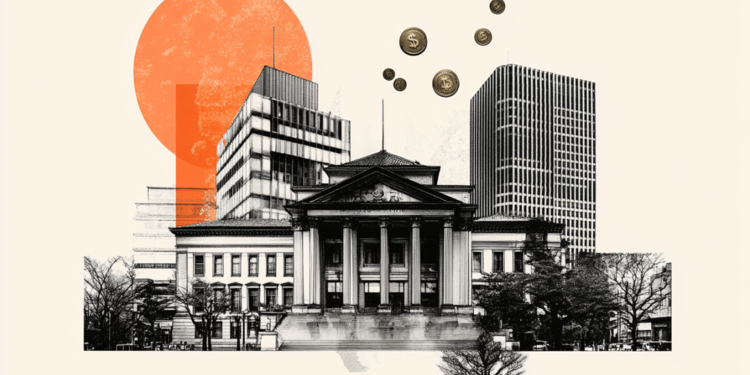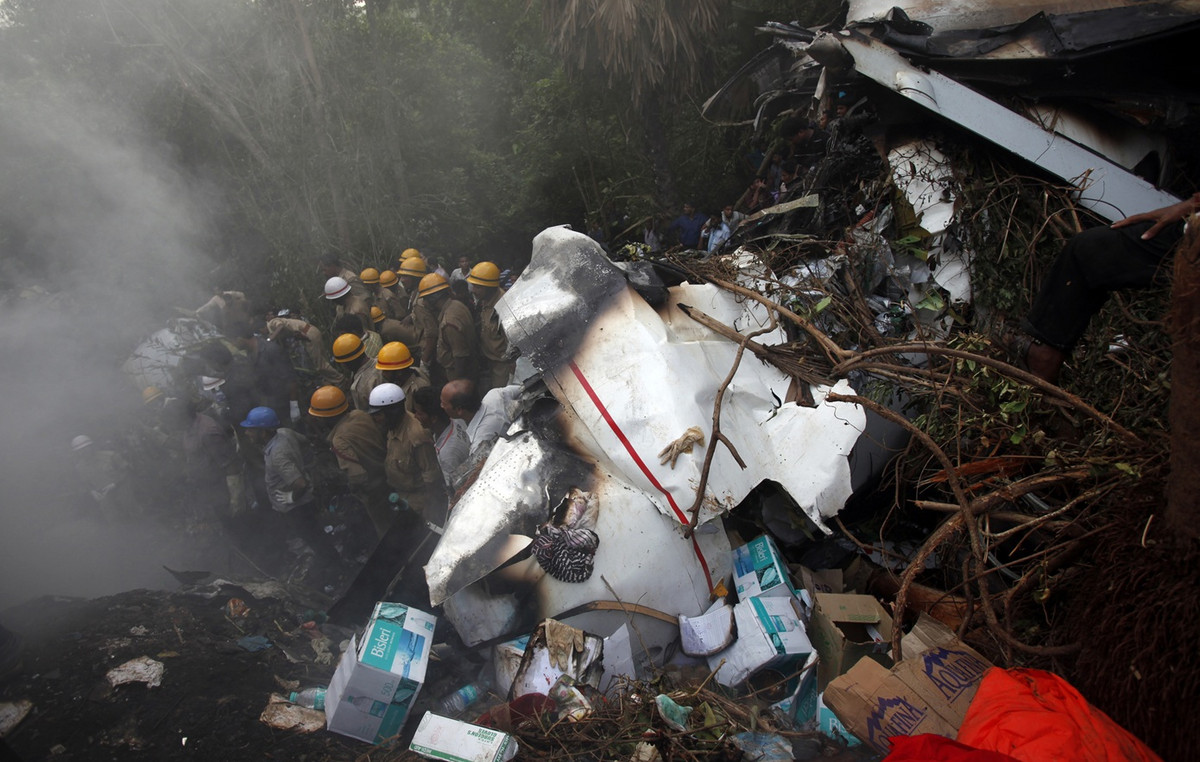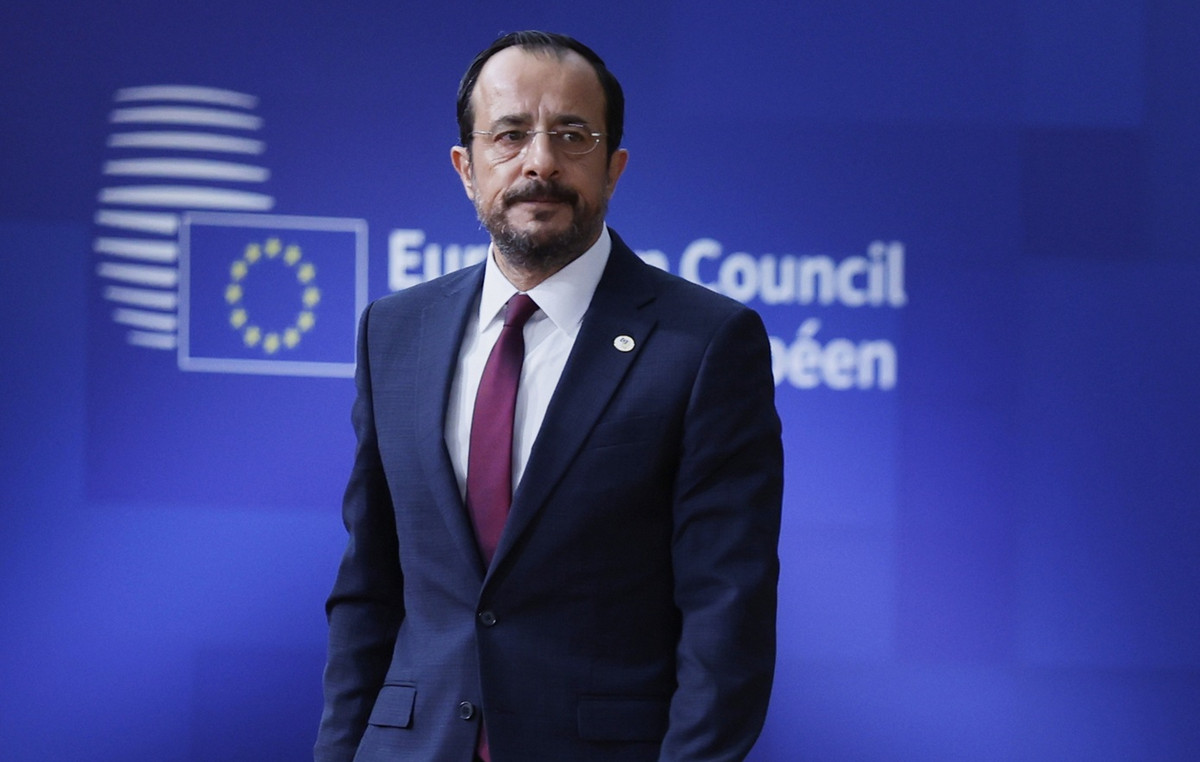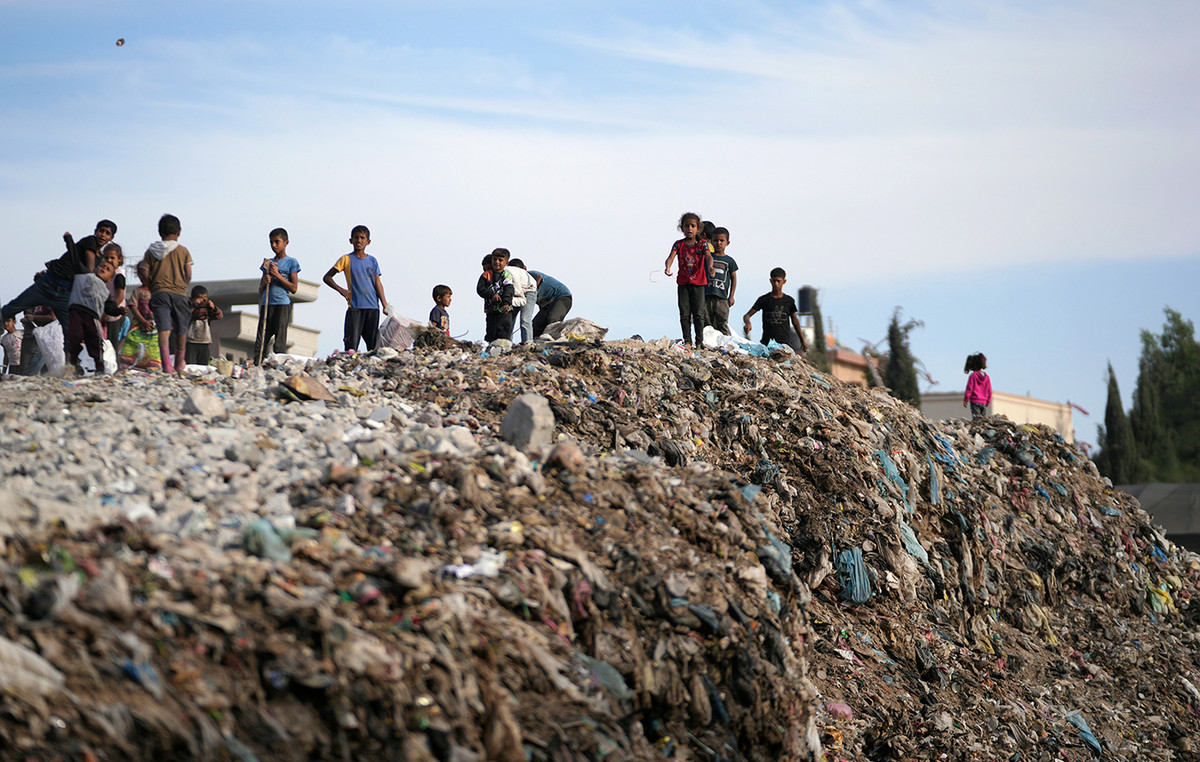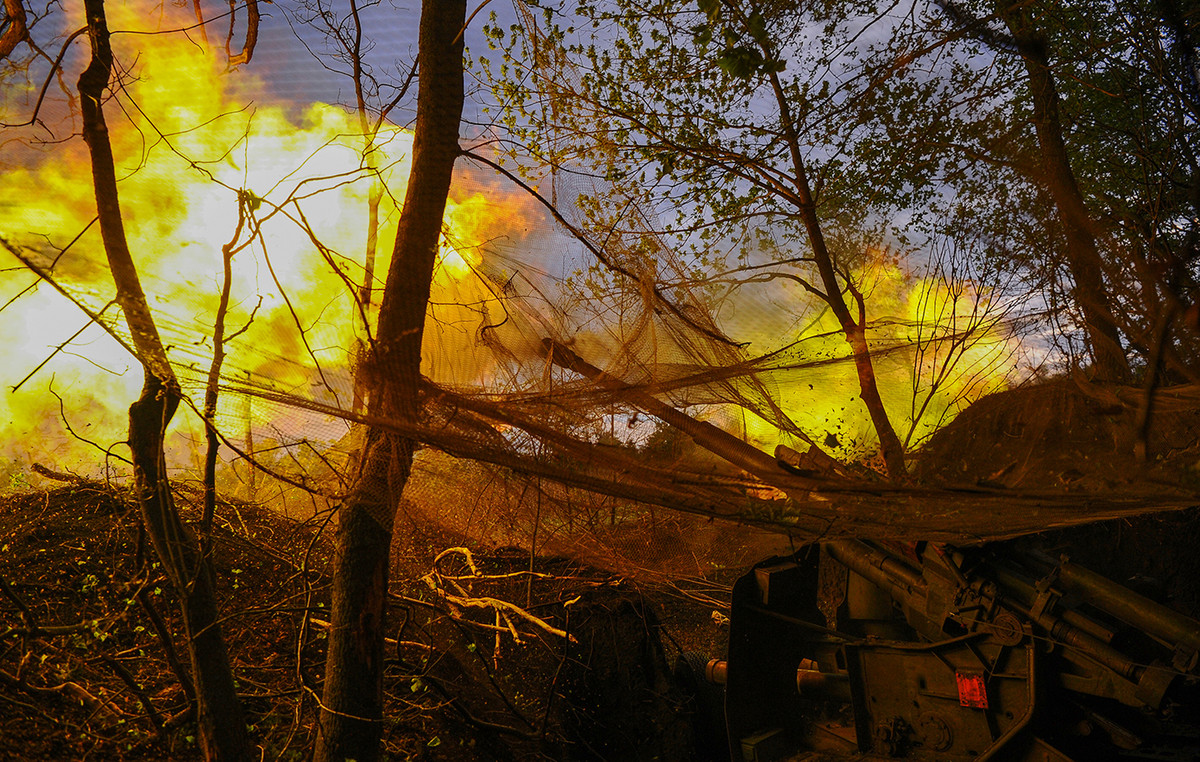Thousands of people are stranded on the Polish-Belarus border in appalling conditions amid an intensifying geopolitical dispute.
Immigrants – most of them from the Middle East and Asia, hoping to travel from Poland to the interior of Europe – are flocking to the Belarusian side of the Kuznica border crossing.
Authorities closed the crossing on Tuesday (9) and aerial footage shows large crowds gathering in the area.
This is what you need to know about this crisis in Europe:
Immigrants face dire conditions
Charities say people stranded in the border area are battling the freezing weather and lack food and medical attention, with reports of beatings and grueling conditions.
A Syrian asylum seeker, who recently arrived in Poland after his third attempt to cross the Belarus border, told CNN that border guards caught him and three other people in his group.
He was beaten and suffered facial injuries, a broken nose and bruised ribs.
Polish authorities said seven migrants were found dead on the Polish side of the border, with reports of more deaths in Belarus.
Humanitarian groups also accuse Poland’s ruling nationalists of violating the international law of asylum by forcing people back to Belarus instead of accepting their requests for protection. Poland says its actions are legal.
Since early November, there have been 4,300 reported border crossing attempts, according to Polish authorities.
The country’s Border Police said it had logged nearly 1,000 crossing attempts in the past two days, including some “large-scale” efforts with groups of more than 100 people trying to breach the fence.
Polish authorities detained a small number of people and immediately sent others back to Belarus.
A representative of the Polish border guard told the CNN earlier this week some of the immigrants were sent towards the barriers by Belarusian services.
Access to the area is strictly restricted. Journalists and aid workers were prevented from traveling to the region due to the creation of an exclusion zone.
Formation of major political crisis
Belarusian leader Alexander Lukashenko has already been accused of fabricating a border migrant crisis by the prime ministers of neighboring Poland, Latvia and Lithuania, prompting Poland to adopt a bill in October to build a wall along its border. border with Belarus.
Lukashenko’s government has repeatedly denied these allegations, blaming the West for the crossing and the treatment of immigrants.
Russia, Belarus’ biggest (and most important) political and economic partner, defended Minsk’s handling of the issue and denied any involvement in the crisis.
Kremlin spokesman Dmitry Peskov said on Thursday that Moscow “has nothing to do with what is happening on Belarus’s border with Poland.”
Earlier on Monday, Peskov said Belarus was taking all necessary steps to act legally.
Russia underscored its support for the Lukashenko regime by conducting joint military exercises in Belarusian airspace on Wednesday (10).
The two Russian Tupolev Tu-22M3 long-range supersonic bombers have had “interaction problems with ground control points” with the armed forces of both countries, the Russian Defense Ministry said on Wednesday.
Meanwhile, Ukraine has said it will conduct military exercises in an area close to its borders with Poland and Belarus to contain a potential immigration crisis. About 8,500 military and police are expected to participate in the exercises, along with military aircraft, including 15 helicopters.
Belarus faces new sanctions
The United States and the European Union announced new sanctions against Belarus this week.
On Wednesday, the White House National Security Council said the US was preparing “follow-up sanctions” designed to hold Belarusian leaders accountable for “ongoing attacks on democracy, human rights and international norms.”
The spokesman did not specify when the new sanctions will take effect. “We are deeply concerned about the inhumane actions of the Lukashenko regime and we strongly condemn its cruel exploitation and coercion of vulnerable people,” the representative said.
This is the second round of sanctions announced by the US in recent months. In August, the White House announced a comprehensive executive order targeting those in the Belarusian regime involved in the crackdown on human rights and democracy.
The decree was issued on the one-year anniversary of Belarus’ election, which sparked widespread protests across the country and which the US – and much of the international community – declared fraudulent.
On Thursday, German Foreign Minister Heiko Maas told the German parliament that the EU had decided to “expand and tighten its sanctions against the Lukashenko regime” at a meeting of foreign ministers in Brussels.
“These people and companies actively involved in human trafficking will receive more sanctions no matter where in the world,” Maas said of the proposed sanctions, adding that there were “other options at play” including expanding current economic sanctions.
Reference: CNN Brasil
I’m James Harper, a highly experienced and accomplished news writer for World Stock Market. I have been writing in the Politics section of the website for over five years, providing readers with up-to-date and insightful information about current events in politics. My work is widely read and respected by many industry professionals as well as laymen.

